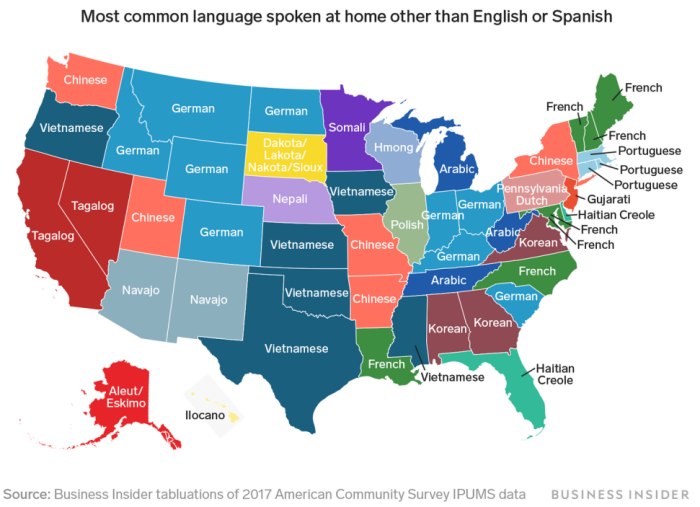Local woman uses public opportunity to teach lesson about diversity and inclusiveness; La mujer local usa la oportunidad pública para enseñar una lección sobre diversidad e inclusión
“As I’m waiting in line to fill a prescription at Rite-Aid on Acushnet Avenue, a worker asked all the other workers if they spoke Spanish so they could help translate for a customer on the phone.
I then overheard a female worker stating she doesn’t speak Spanish, ‘Not even close. If you want to live in America, you need to learn English, and you won’t make it in America unless you do.’
She then assisted me in ringing out my prescription and after the transaction, I informed her that my father came to America without knowing any English and that he is a VERY successful, and intelligent man. She then tried to justify her comments saying it was in regards to not being able to translate the Spanish. I told her that was no excuse for her comments and she probably shouldn’t be making those comments out loud in public.
Since I speak English and I don’t ‘look like an immigrant’ some would wonder why I would take offense. I told her ‘It doesn’t make you less of a person for not being able to speak English. Does anyone have family who doesn’t speak English in America yet has made it?’
A kind-hearted veteran female worker came out of the store to apologize on behalf of her co-worker’s discriminative comments.” -Christina Marianna Cerminara.
It is a common misconception that English is the official language of the United States when, in fact, it does not have one. Spanish is the second most common language in the country, a country where 500 languages have been spoken in our history. While Massachusetts is one state that has made English its official language it refers to legislation, regulations, executive orders, treaties, federal court rulings, and all other official pronouncements. English does not need not be used to the exclusion of other languages. Massachusetts is an English-Offical state, not English-only state.

_____________________________________________________________________________
“Mientras esperaba en la cola para despacher un medicamento recetado en Rite-Aid en Acushnet Avenue, un trabajador preguntó a todos los demás trabajadores si hablaban español para poder ayudar a traducir a un cliente por teléfono.
Luego escuché a una trabajadora decir que no habla español, ‘Ni siquiera cerca. Si quieres vivir en Estados Unidos, debes aprender inglés y no lo lograrás en Estados Unidos a menos que lo hagas.’
Luego me toma la orden y después de la transacción, le informé que mi padre vino a Estados Unidos sin saber inglés y que es un hombre MUY exitoso e inteligente. Luego trató de justificar sus comentarios diciendo que se trataba de no poder traducir el español. Le dije que eso no era excusa para sus comentarios y que probablemente no debería hacer esos comentarios en público.
Como hablo inglés y no ‘parezco un inmigrante’, algunos se preguntarán por qué me ofendería. Le dije: ‘No te hace menos persona por no poder hablar inglés. ¿Alguien tiene una familia que no hable inglés en los Estados Unidos y que aún lo haya ‘logrado’?
Una trabajadora veterana de buen corazón salió de la tienda para disculparse en nombre de los comentarios discriminatorios de su compañero de trabajo.”-Christina Marianna Cerminara.
Es un error común pensar que el inglés es el idioma oficial de los Estados Unidos cuando, de hecho, no tiene uno. El español es el segundo idioma más común en el país, un país donde se han hablado 500 idiomas en nuestra historia. Si bien Massachusetts es un estado que ha hecho del inglés su idioma oficial, se refiere a la legislación, los reglamentos, las órdenes ejecutivas, los tratados, los fallos de los tribunales federales y todos los demás pronunciamientos oficiales. No es necesario que el inglés se use para excluir otros idiomas. Massachusetts es un ‘estado oficial en inglés’, no ‘solo en inglés.’
